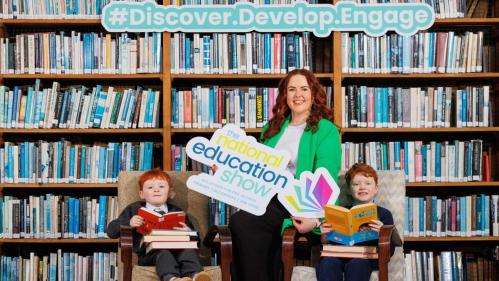It can be difficult to find the right school for your child with special needs; you will need to decide between mainstream schools and special needs schools.
Striking a balance
If at all possible it can be beneficial for a child to attend a mainstream school as it provides the optimum opportunities for inclusion, participation and socialisation. In order for this to be successful there will need to be adequate support in place. All mainstream schools have a teacher whose job it is to look after the needs of pupils with learning difficulties and common disabilities such as a mild general learning disability and dyslexia. In addition to this, schools can request extra teaching resources for children with more severe learning disabilities. However, if your child’s needs are such that they would struggle to learn in a mainstream school, even with extra support, there are also 140 schools nationwide that are specifically designed to cater for children with special needs and this option may help create a more positive learning experience for your child.
Among these 140 schools are schools that cater especially for students who have a mild or moderate learning disability, schools for visually impaired children and schools that cater for students that have hearing impairments.
There are also a certain amount of schools for students with physical disabilities and a small number of special schools for children who are emotionally disturbed.
How to find a School
There are a number of resources that will help you find the right school for your child but it is a good idea to start this process at least 18 months before you enrol to make sure that you have enough time to research different options available to you. Steps that you can take include:
Contact prospective schools so as to receive information about facilities and programmes that are in place at the school.
Disability and advocacy associations will also be able to to recommend schools suitable for your child’s needs.
If your child attends preschool currently, their teachers would also be in a good position to give you advice on what kind of environment your child would be best suited to.
Speak to other parents who have children who attend the school
it’s also important to attend as many school open days as possible so you will have a better understanding of each school
Questions to ask the school
- Once you have an idea of what schools are suitable for your child, you should make an appointment with the principal to discuss the school's facilities, support programs, strengths and suitability in more detail.
- Questions to ask include:
- How big is the school and what size are the classes
- What experience do the staff have of working with children with disabilities
- Are there any access issues in the school
- What available support programs are in place
Things to consider:
There are lots of other issues that you will need to consider, such as if your child won't be attending a local primary school, will transportation be an issue? Is your child an anxious child, will he be easily agitated in unstructured and crowded environments, such as the playground? Can the school you are considering offer an alternative to this, for instance would he be able to spend time in a library during lunch? Also, if you wish your child to attend a special needs school; your child will have to be assessed to be deemed eligible by the disabilities coordinator for your region. This can take some time. In order for a school experience to be inclusive and positive, parents will need to ensure they have a collaborative and positive relationship with the school and teachers and this will be important when looking at potential schools.






